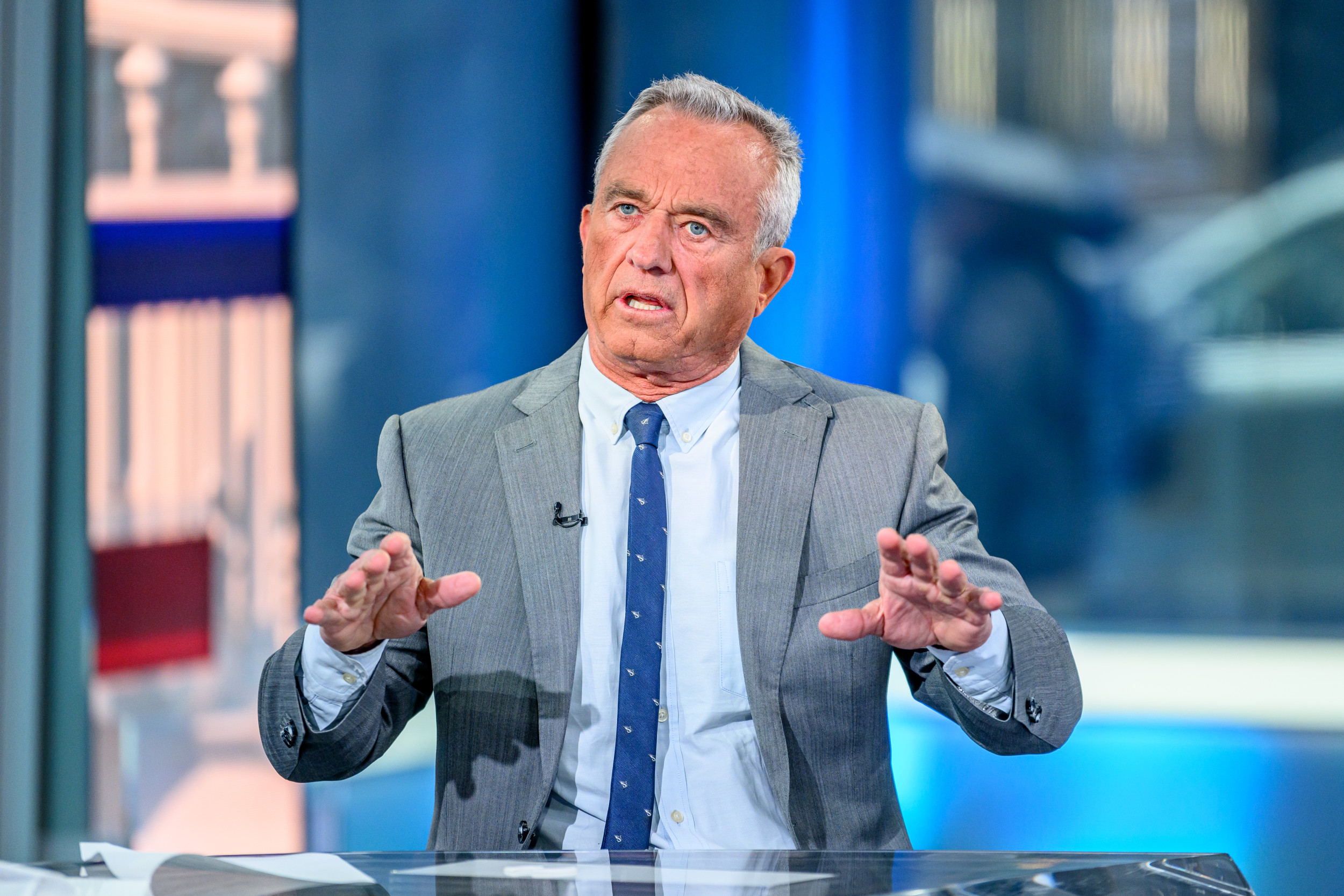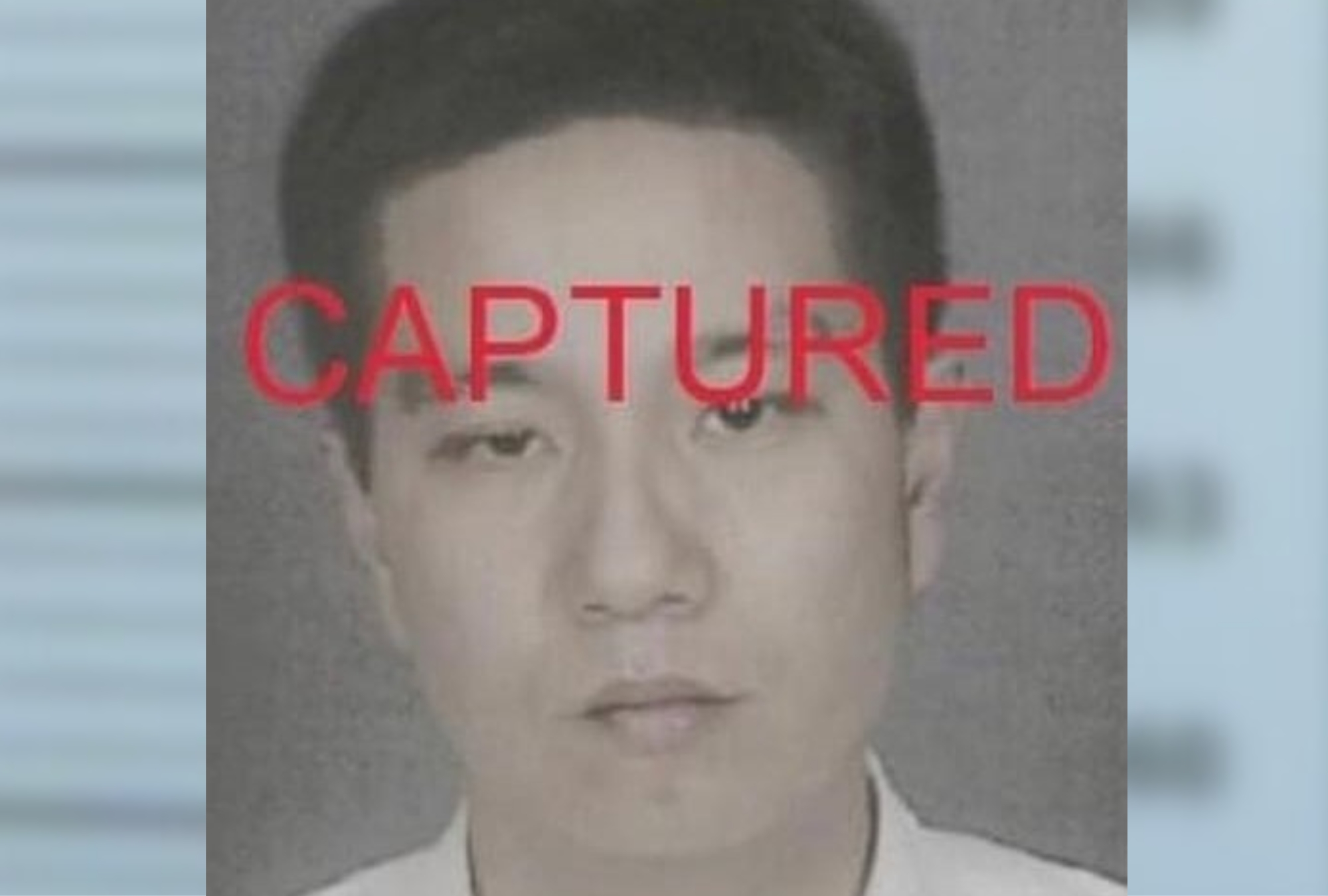China's mission to the European Union has hit out at NATO Secretary-General Jens Stoltenberg after the alliance chief accused Beijing of undermining global security by refusing to condemn Russia's ongoing invasion of Ukraine.
Following a meeting of NATO foreign ministers on Thursday, Stoltenberg told reporters in Brussels that China's failure to stand against Russian aggression represents "a serious challenge to us all."
China's mission to the EU told Newsweek in a statement that it is the North Atlantic alliance, not Beijing, that is destabilizing international security.

"Since the outbreak of the Ukraine crisis, China has always maintained an objective and fair position, remained committed to promoting peace talks and made positive efforts towards the de-escalation of the situation," the mission said.
"This stands in contrast to the attempts of fanning the flames and adding fuel to the fire as some organizations do," the statement added, an apparent reference to NATO, which Beijing has criticized for sending weapons to Ukraine to help defend against Russia.
"It has been more than 30 years since the Cold War ended," the mission continued.
"NATO, as a remnant of the Cold War, has not only failed to reflect on its role as such, but also continued to expand its geographical scope and range of operations, and is increasingly targeting China.
"This is the serious challenge confronting global peace and stability."
China has refused to criticize Russia directly for its invasion and has condemned the West for its subsequent unprecedented sanctions on Moscow.
Chinese Foreign Ministry spokesperson Zhao Lijian said Wednesday: "History and reality have proven that sanctions do not bring peace and security, but only bring lose-lose or multiple losses, adding to the already difficult world economy and impacting the existing world economic system."
Zhao accused the U.S. of fanning the flames of conflict in Ukraine to "profit from the chaos and make a lot of money." Moscow has repeatedly alleged the same of the U.S. and its NATO partners.
He also refused to blame Russia for alleged war crimes in occupied northern areas recently vacated by invading troops. Satellite images and intercepted military communications suggest that Russian troops tortured and executed civilians in Kyiv suburbs including Bucha, Irpin, and Hostomel.
Ukrainian and European leaders have said Russian forces were behind the killings, though Moscow and its media organs have tried to blame Ukrainian troops and dismiss the growing evidence as fabricated.
Zhao said Wednesday that the "truth and the cause of the incident must be verified...All parties should exercise restraint and avoid unfounded accusations before a conclusion of the investigation is drawn."
Stoltenberg on Thursday was clear that NATO sees China's reaction to the Russian invasion as a threat to the alliance.
"We have seen that China is unwilling to condemn Russia's aggression," the NATO chief said. "And Beijing has joined Moscow in questioning the right of nations to choose their own path. This is a serious challenge to us all. It makes it even more important that we stand together to protect our values."
NATO's Asia Pacific Partners—Australia, Japan, New Zealand, and South Korea—joined alliance foreign ministers for discussions in Brussels. Stoltenberg said this was a reflection of the "global ramifications" of the crisis in eastern Europe.
The defensive alliance and its partners in the Asia Pacific agreed "to step up our practical and political cooperation in several areas," including cyber technology, maritime security, climate change, and resilience, Stoltenberg said.
Uncommon Knowledge
Newsweek is committed to challenging conventional wisdom and finding connections in the search for common ground.
Newsweek is committed to challenging conventional wisdom and finding connections in the search for common ground.
About the writer
David Brennan is Newsweek's Diplomatic Correspondent covering world politics and conflicts from London with a focus on NATO, the European ... Read more





